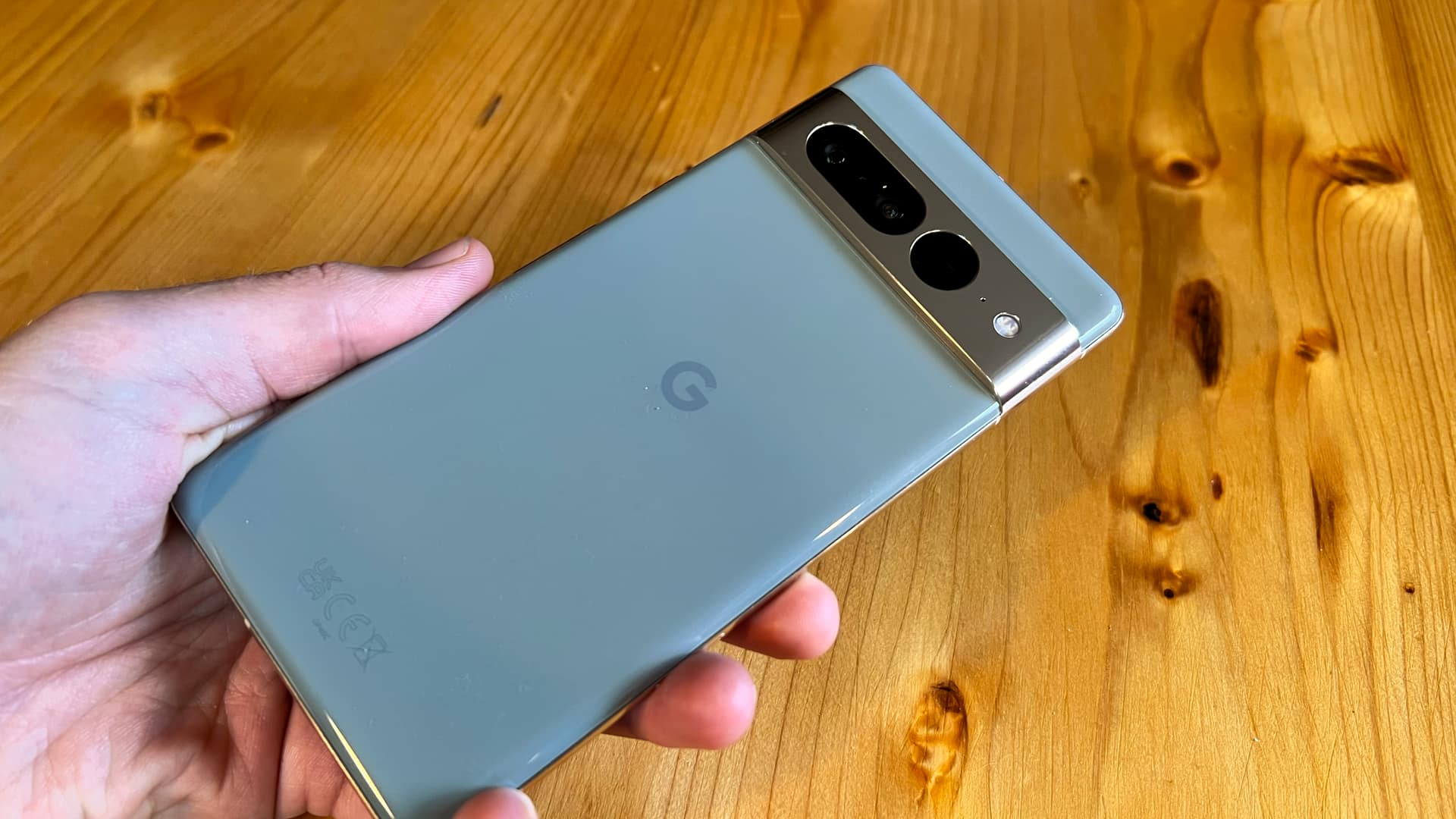The first Android 15 public beta is out – here's how to download it
You'll need an eligible Pixel phone and internet access

Sign up for breaking news, reviews, opinion, top tech deals, and more.
You are now subscribed
Your newsletter sign-up was successful
The first public beta for Android 15 is officially here after months of waiting. A Google representative told us several refinements were made as the team took the feedback they received from the two developer previews. Keep in mind this is far from the final version of the system. Most of the rumored features, like the lock screen widgets or Private Space, are not here. The beta focuses primarily on the upcoming UI changes and security updates for Android 15.
Moving forward, apps on the OS will be displayed “edge-to-edge by default”. Edge-to-edge allows apps to cover an entire screen rather than leaving spaces at the top or bottom. Android 15 also introduces end-to-end encryption to the contacts app to help users “securely manage and verify other people’s contact information.”
App archiving is the only rumored feature making an appearance in the beta. According to the company, it will let you uninstall cached files for an app while letting you keep important user data.
There’s more in the overall package, but those are the main stars. To try out Android 15 yourself, be sure to follow the set of instructions we’ve laid out below. Be aware the beta is only available on a handful of smartphones.
Quick steps to download the Android 15 Beta
- Check that you own an eligible Pixel model
- Enroll your device into the Android 15 Beta Program on the Android Beta website
- Check for any new updates and download the file
Tools & Requirements
- An eligible Google Pixel device
- An internet connection
- A few minutes of your time
How to install the Android 15 beta on your Pixel device
1. Check that you own an eligible Pixel model
Not every Android phone or tablet can install Android 15 because Google has restricted access to the OS to first-party hardware. Eligible devices include the Pixel 5a, 6, 6 Pro, 6a, 7, 7 Pro, 7a, 8, 8 Pro, and the Pixel Tablet and the Pixel Fold. Older Pixel models cannot receive the update.
It’s unknown if or when other Android manufacturers will offer access to the platform. You’ll probably have to wait for the official launch to get your hands on the beta.
2. Enroll your device into the Android 15 Beta Program
Head on over to Google’s Android Beta website using the account currently signed into your eligible Pixel phone or Tablet. Scroll down to the "Your Eligible Devices" section near the bottom of the page. Select your model, then follow the on-screen directions to obtain the update.
Sign up for breaking news, reviews, opinion, top tech deals, and more.
3. Check for any updates and then install.
Launch the Settings app on your Pixel device. Go to the System section, then to System Update. You’ll be met with a warning telling you about the potential bugs you might encounter. Acknowledge the risks and accept the download. Give your phone or Pixel Tablet enough time to install the package. Once done, restart the hardware to finish installing the Android 15 beta.
Since it's in the early stages, Android 15 will be unstable. There’s a good chance you’ll run into some weird glitch or the whole thing will crash. We don’t recommend installing the beta at this time due to possible performance issues. Plus, a lot of the major features, like the aforementioned lock screen widgets, aren't even there. The beta needs more time in the oven.
A stable version of the Android 15 is scheduled to come out later this June ahead of its late summer/early autumn release. If you decide to install the beta anyway, Google asks that you provide feedback so they can continue making improvements. Instructions for delivering that feedback can be found on the Android Developer website.
While we have you check out TechRadar's list of the best Pixel phones for 2024 if you're looking to upgrade.
You might also like

Cesar Cadenas has been writing about the tech industry for several years now specializing in consumer electronics, entertainment devices, Windows, and the gaming industry. But he’s also passionate about smartphones, GPUs, and cybersecurity.